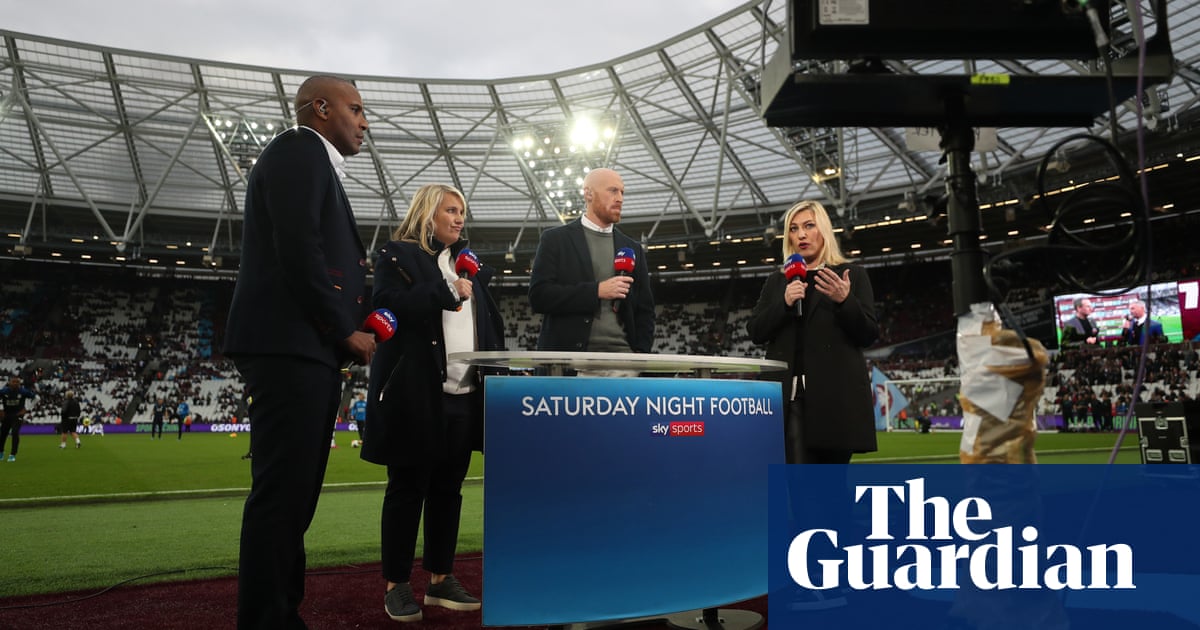
“You can get a player, an 18-year‑old who’s on 10 grand a week, and you do a deal with the club on his wages,” says Darragh MacAnthony. “Then they not only want the wages, they want you to pay for his accommodation. They’re then on you all the time about ‘Why is he playing?’, ‘Why is he not playing?’ They’re on at you every day. If the player then has an attitude issue and we go and complain they say: ‘Get on with it, you’re not sending him back, you’ve agreed a contract, pay his wages.’”
Forthright opinions, such as the one above, are hardly unusual for MacAnthony, but the Peterborough United chairman is not alone in being disgruntled with football’s loan system. This summer, EFL clubs struck a total of 254 loan deals, making up about one in seven of all players in the Football League. Last season, over the course of the year, 458 temporary arrangements were made. It is a crucial process within the English football pyramid but after the loan window came to an end last week smaller clubs are increasingly asking whether the system is working for them.
The case for loans is straightforward and urgently made: young English players need to play competitive men’s football. There is a consensus that club academies (at least those in category one and largely affiliated to Premier League clubs) are producing players able to flourish at the highest level. They need practice, however, to achieve their potential. This is something not only the Football Association and Premier League agree on, but the EFL, too. For the loaning clubs’ part, they get access to players whose talents ought to be above a level they could acquire permanently. The debate, however, is on how best to give players experience and whether arrangements made are fair to all parties.
MacAnthony’s complaints are felt by many clubs but are only part of the problem. Increasingly, loan deals not only include an upfront fee and a share of the player’s wages being paid by the loan club but also include sanctions should the player either fail to play regularly or appear in something other than his favoured position. Liverpool is one club that pursues such measures, especially with coveted young talents such as Ben Woodburn now at Sheffield United for the season. This is necessary, parent clubs argue, as they are unable to insist contractually that their players get game time (this would be seen as undue influence over another club). They also argue that each deal is arranged on its own merits, and more punitive clauses reflect the level of demand for a player. For those clubs trying to recruit, especially lower down the pyramid however, it is sometimes difficult to see where their leverage comes in such an arrangement.
Tranmere Rovers have struck six loan deals this summer. According to the League Two club’s chairman, the former FA chief executive Mark Palios, the role lower-league clubs play in developing players remains vital. “The ability to play proper football in front of a paying crowd is missing at the top end of the game,” he says of the situation for younger players. “Proper use of experience in the football pyramid is essential and beneficial if managed properly. Not many others have a pyramid like ours and we’re fans of using it.”
While Palios sees the greater good of the loan system, the list of complications are just as clear “Loans where a club insists the player plays are wrong from every point of view,” he says. “It’s wrong for the player – they have to earn their place as part of a learning process. For the club, it damages the dynamic in dressing room. Finally, from a fan’s perspective, there’s a sense that you’re basically relinquishing your independence if loanees are going to play come what may.”
Palios says Tranmere don’t do such deals but have made arrangements whereby the loan club would pay a higher percentage of the player’s wages if he doesn’t play. He believes the game is not yet at a stage where parent clubs hold undue influence over those lower down the pyramid. “Nobody forces you to take a loan player; every club is entitled to do what it wants and what fits within its budget,” he says, but he acknowledges that the landscape is changing. “I think you can find clubs become dependent on it,” he says. “It’s hard to put a finger on it but you lose that sense of identity, that willingness to play for the club.”
If lower-league sides are integral to the development of young players, the argument that they should not be penalised for doing so is growing in volume. Whereas the chairman of Peterborough’s League One rivals Bradford City, Edin Rahic, has recently said he would be in favour of transforming lower-league teams into feeder clubs for the top flight, others such as MacAnthony argue for imposing limits on loan fees. The EFL’s chief executive, Shaun Harvey, is sympathetic to the latter idea. “I think the Championship is a different beast to League One and League Two,” he says. “Some Championship sides are taking players in order to try to reach the Premier League. In Leagues One and Two it’s much more about development. I think if I could carve out some position where players went to those leagues on terms that were generally agreed to be acceptable, I think that would be a step forward.”
Crystal Palace recently wrote to League One, Two and National League clubs offering to loan their players for free – the proviso being that the players have to play; if they are not in the team a proportion of their wages must be covered. The EFL is believed to have encouraged other clubs to follow Palace’s lead. There remains, however, the possibility that lowering the cost of loans will only further ingrain the system whereby lower-league clubs act as a finishing school for big club talent, rather than developing their own. “It’s always their way or the highway”, says MacAnthony ruefully. “I think that’s something we need to change massively.” The Guardian Sport












